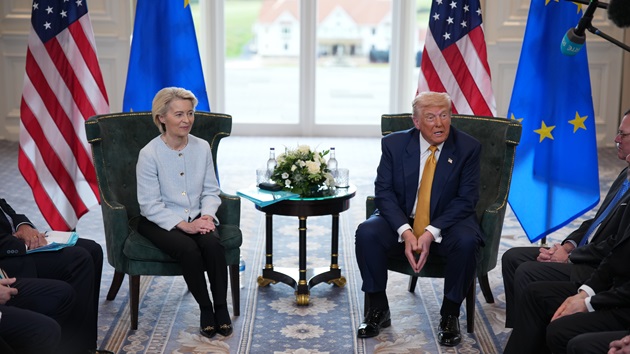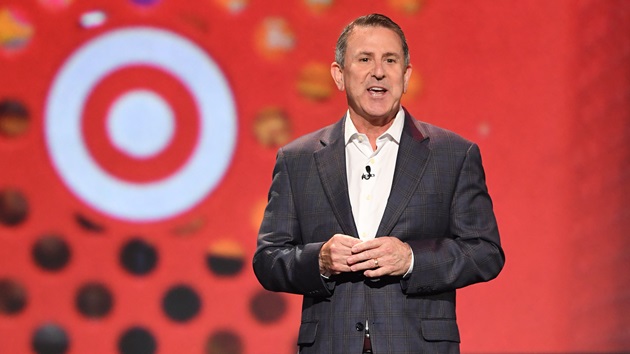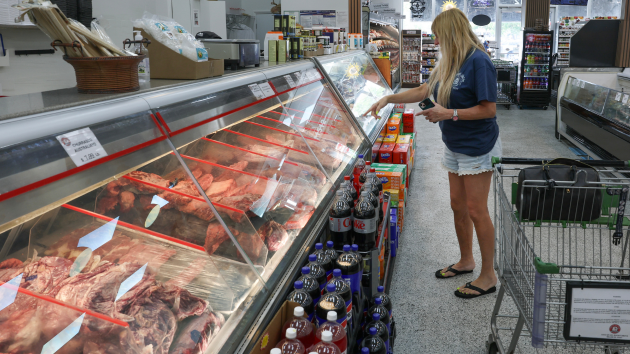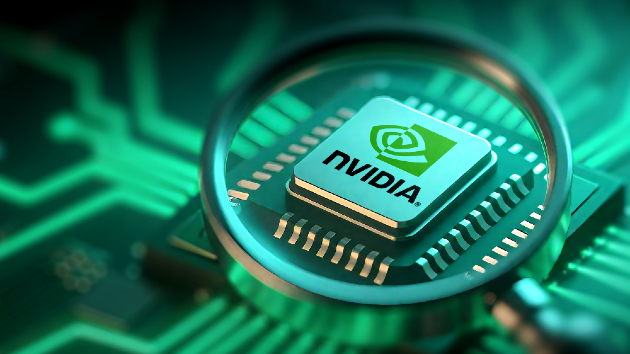
(NEW YORK) — Consumer confidence worsened slightly in August, erasing some gains from the previous month and resuming a downward trend suffered at the outset of 2025, the Conference Board said on Tuesday.
The souring of shopper attitudes followed a weak jobs report and a set of sweeping new tariffs issued by President Donald Trump. A lower-than-expected inflation report this month eased some concerns about significant tariff-induced price increases, though a measure of underlying inflation ticked up.
The consumer confidence index declined 1.3 points to 97.4 in August, the Conference Board said. The figure came in higher than economists expected. The index has hovered around the same level over the past three months.
Consumer spending, which accounts for about two-thirds of U.S. economic activity, is a key bellwether for the outlook of the nation’s economy.
The measure of consumer confidence arrived hours after Trump moved to fire Federal Reserve Governor Lisa Cook, alleging that she had committed mortgage fraud.
In a statement to ABC News, Cook said Trump “has no authority” to fire her. Cook said she would not resign, instead vowing to “continue to carry out my duties to help the American economy.”
The Fed is an independent agency established by Congress. Federal law allows the president to remove a member of the Fed board for “cause” — though no precedent exists for such an ouster.
Some recent indicators have suggested the onset of an economic slowdown. A report on gross domestic product late last month indicated average annualized growth of 1.2% over the first half of 2025, well below 2.5% growth last year.
A jobs report released by the U.S. Bureau of Labor Statistics on Aug. 1 revealed a sharp cooldown of the labor market.
Still, some facets of the economy have proven resilient. The overall inflation rate stands at 2.7%, below the 3% rate in January, before Trump took office.
The U.S. has largely averted the type of widespread job losses that often accompany a recession. Consumer spending ticked higher over the three months ending in June. Corporate earnings have remained robust.
Federal Reserve Chair Jerome Powell last week said the central bank faces a “challenging situation” as a hiring slowdown coincides with tariff-driven price increases, putting pressure on both sides of the Fed’s dual mission to maximize employment and control inflation.
Powell said the Fed would “proceed carefully” but he hinted at the possibility of an interest rate cut, saying “the shifting balance of risks may warrant adjusting our policy stance.”
Copyright © 2025, ABC Audio. All rights reserved.







